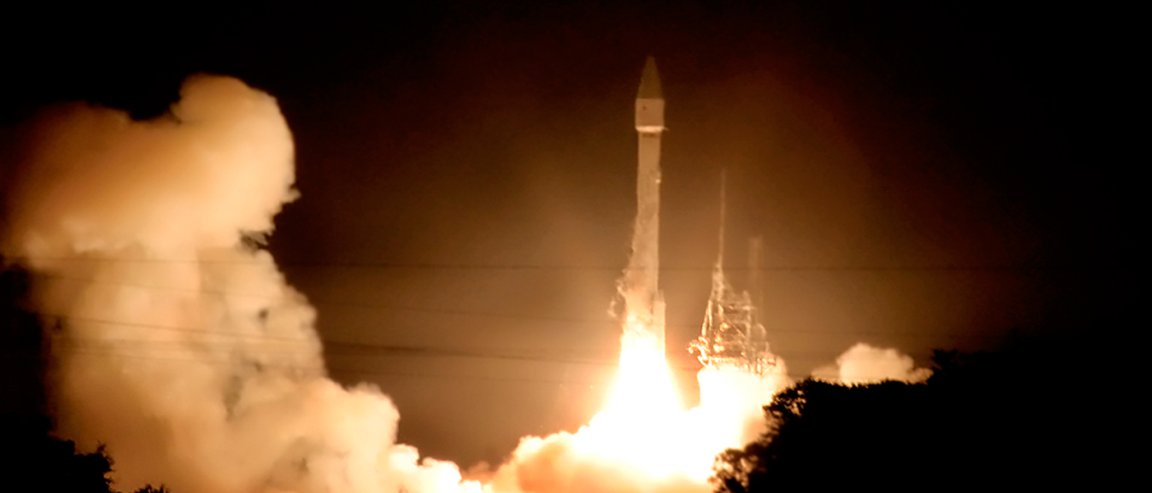
The Economic Development of Space
Former President, Barack Obama is a big advocate of science. During his term, he was a vocal supporter of the burgeoning commercial space industry and supported private and government efforts to send humans to Mars by 2030.
“We have set a clear goal vital to the next chapter of America’s story in space: sending humans to Mars by the 2030s and returning them safely to Earth, with the ultimate ambition to one day remain there for an extended time,” Obama said in an open letter he wrote last year.

Under Obama, the future of space exploration was bright. So where do all these new policies and initiatives supporting distant space exploration stand under Donald Trump’s presidency? Based on a report by Politico, it looks like it’s back to low-Earth orbit.
In the report, Trump advisers expressed support for sending humans back to the Moon, almost five decades after the US managed to achieve this great feat. The focus, they said, should be “the large-scale economic development of space,” which means limiting space exploration to the area between our planet and the Moon, called the cislunar region.
The direction the administration follows is a more entrepreneurial approach to space, and they’re pretty aggressive about it. There’s a strong focus on leveraging space to create new industries and jobs, with the goal of creating a lucrative space economy, and staking what Trump calls a “de-facto claim” on the moon.
The Science Behind Space Exploration
Trump is bent on dominating space, but his team’s approach is centered on privatizing the whole endeavor, calling it the “biggest and most public privatization effort America has ever conducted.” Following this, they’re targeting private rockets to shuttle civilian astronauts to the Moon by 2020.
While this plan doesn’t completely shut down efforts for commercial space flight (in fact, they’re likely to benefit from it), the feasibility of the timeline raises concerns. Two of the biggest private spaceflight companies are barely ready to achieve this goal. Jeff Bezos’ Blue Origin rockets, scheduled to bring astronauts into space next year, are far from perfect and are already suffering delays. And Elon Musk’s SpaceX is still reeling from two consecutive rocket explosions. There’s also the matter of the administration wanting to claim property rights on the Moon, which would violate the UN Outer Space Treaty.
All things considered, one glaringly absent element in this whole effort to “make America great again in space” is the science. This kind of approach to space exploration will be counterintuitive for a scientific field that thrives on continued innovation and discovery. This could ultimately put missions for long term space exploration to a disappointing halt, and put important exploratory initiatives – like the James Webb Space Telescope (scheduled for 2018), the next Mars rover (slated for 2020), or sending a lander to Jupiter’s Europa – on the back burner.